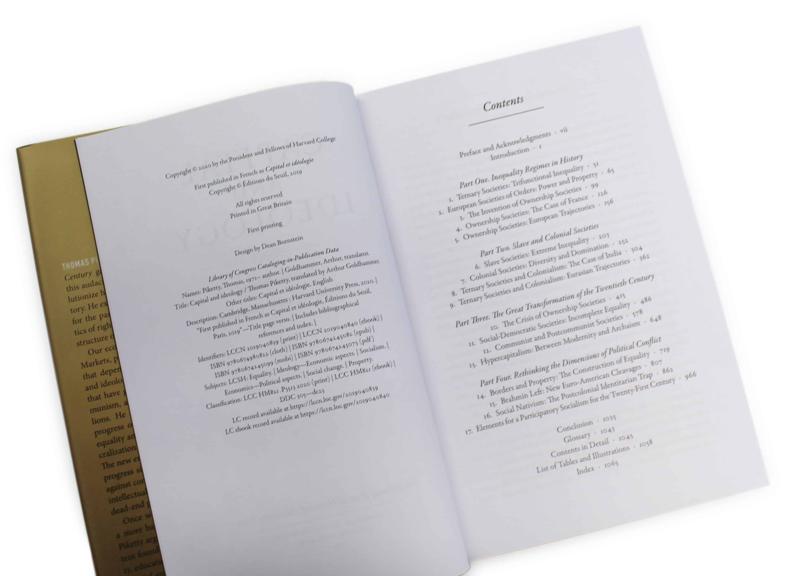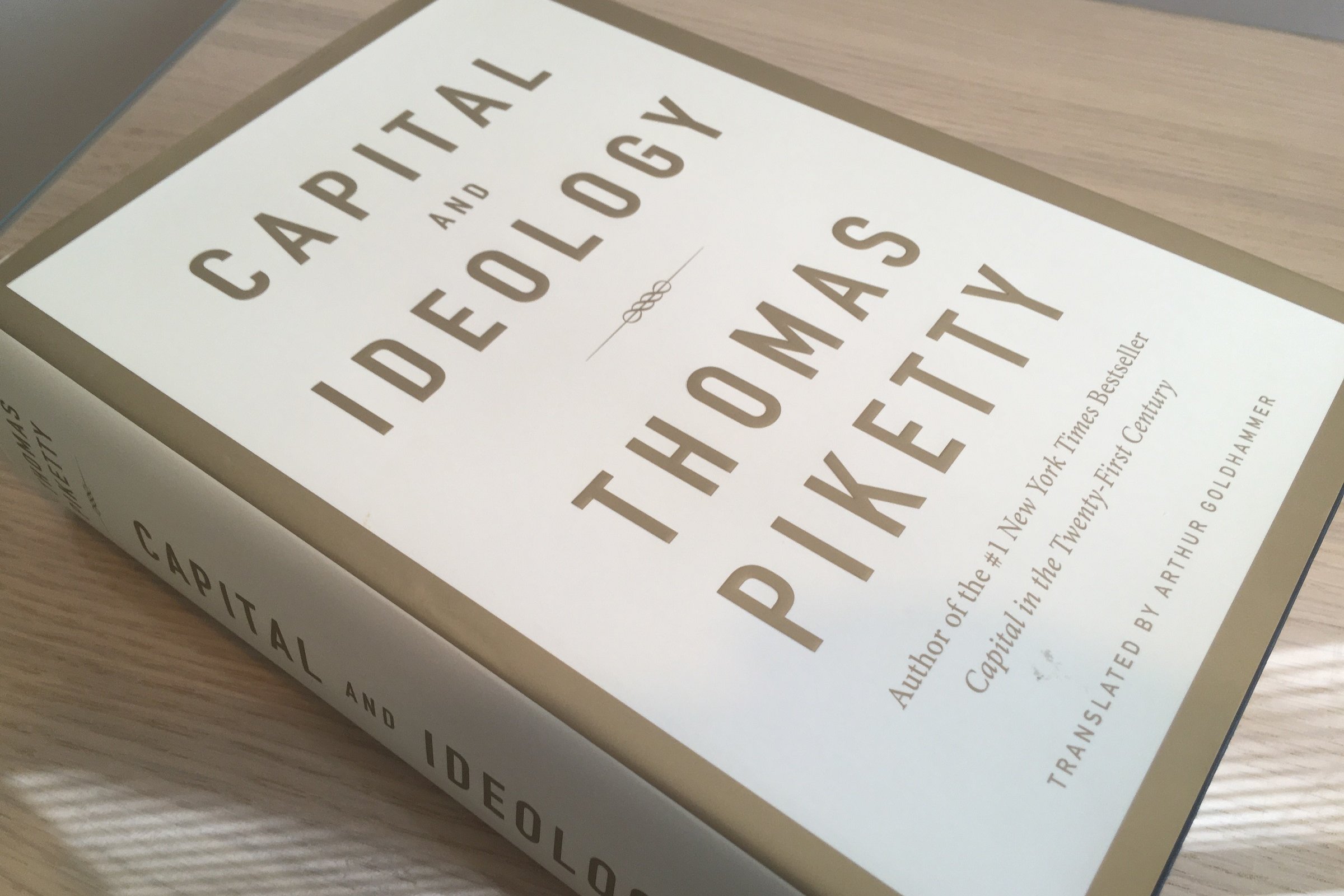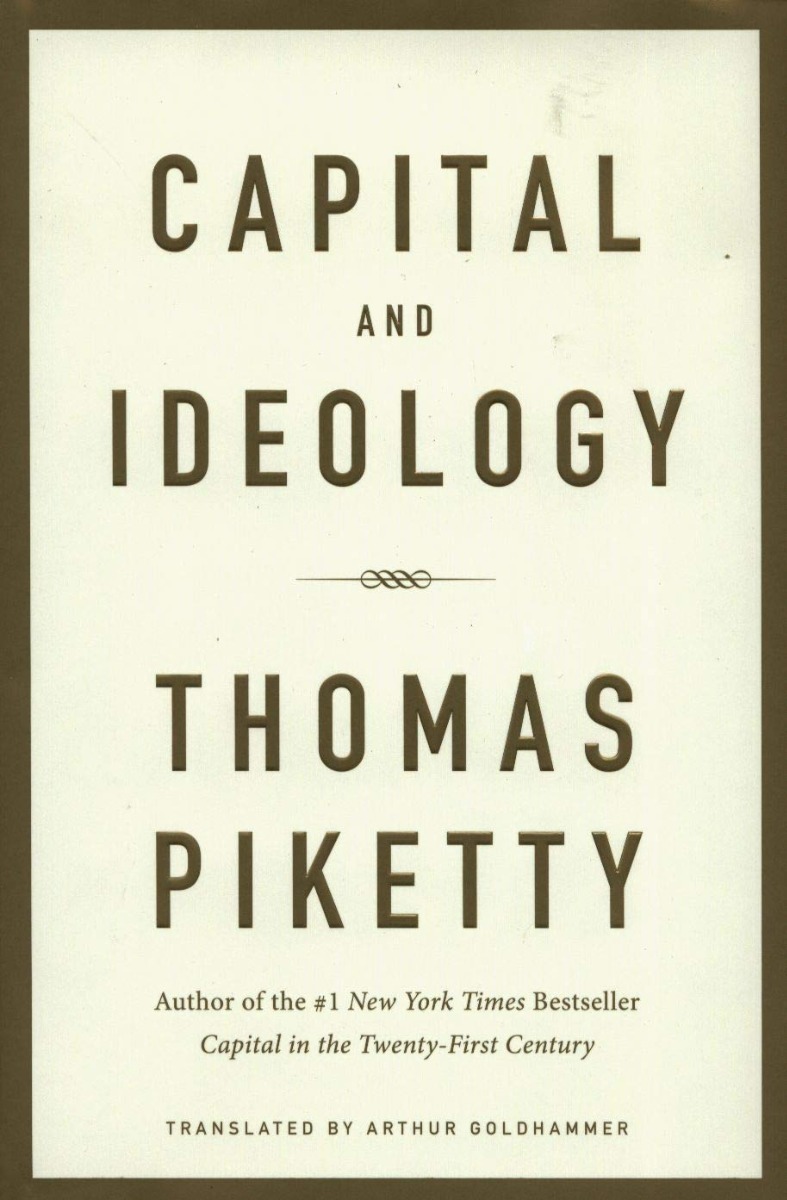

Capital and Ideology is destined to be one of the indispensable books of our time, a work that will not only help us understand the world, but that will change it.This piece was also published on From the extraordinary wealth of its empirical material to the breadth of its cultural scope, and from the rare alliance of statistical precision and literary references to the level of its intellectual and political ambition, there is much to commend in this remarkable book.įrom a policy standpoint, however, its last part, where the author offers an agenda to promote social fairness, deserves the most thorough discussion.

Piketty argues for a new ?participatory? socialism, a system founded on an ideology of equality, social property, education, and the sharing of knowledge and power. Once we understand this, we can begin to envision a more balanced approach to economics and politics. The new era of extreme inequality that has derailed that progress since the 1980s, he shows, is partly a reaction against communism, but it is also the fruit of ignorance, intellectual specialization, and our drift toward the dead-end politics of identity.

He concludes that the great driver of human progress over the centuries has been the struggle for equality and education and not, as often argued, the assertion of property rights or the pursuit of stability. Piketty explores the material and ideological interactions of conflicting social groups that have given us slavery, serfdom, colonialism, communism, and hypercapitalism, shaping the lives of billions. Markets, profits, and capital are all historical constructs that depend on choices. Our economy, Piketty observes, is not a natural fact. He exposes the ideas that have sustained inequality for the past millennium, reveals why the shallow politics of right and left are failing us today, and outlines the structure of a fairer economic system. In this audacious follow-up, Piketty challenges us to revolutionize how we think about politics, ideology, and history.

Thomas Piketty?s bestselling Capital in the Twenty-First Century galvanized global debate about inequality. The epic successor to one of the most important books of the century: at once a retelling of global history, a scathing critique of contemporary politics, and a bold proposal for a new and fairer economic system.


 0 kommentar(er)
0 kommentar(er)
